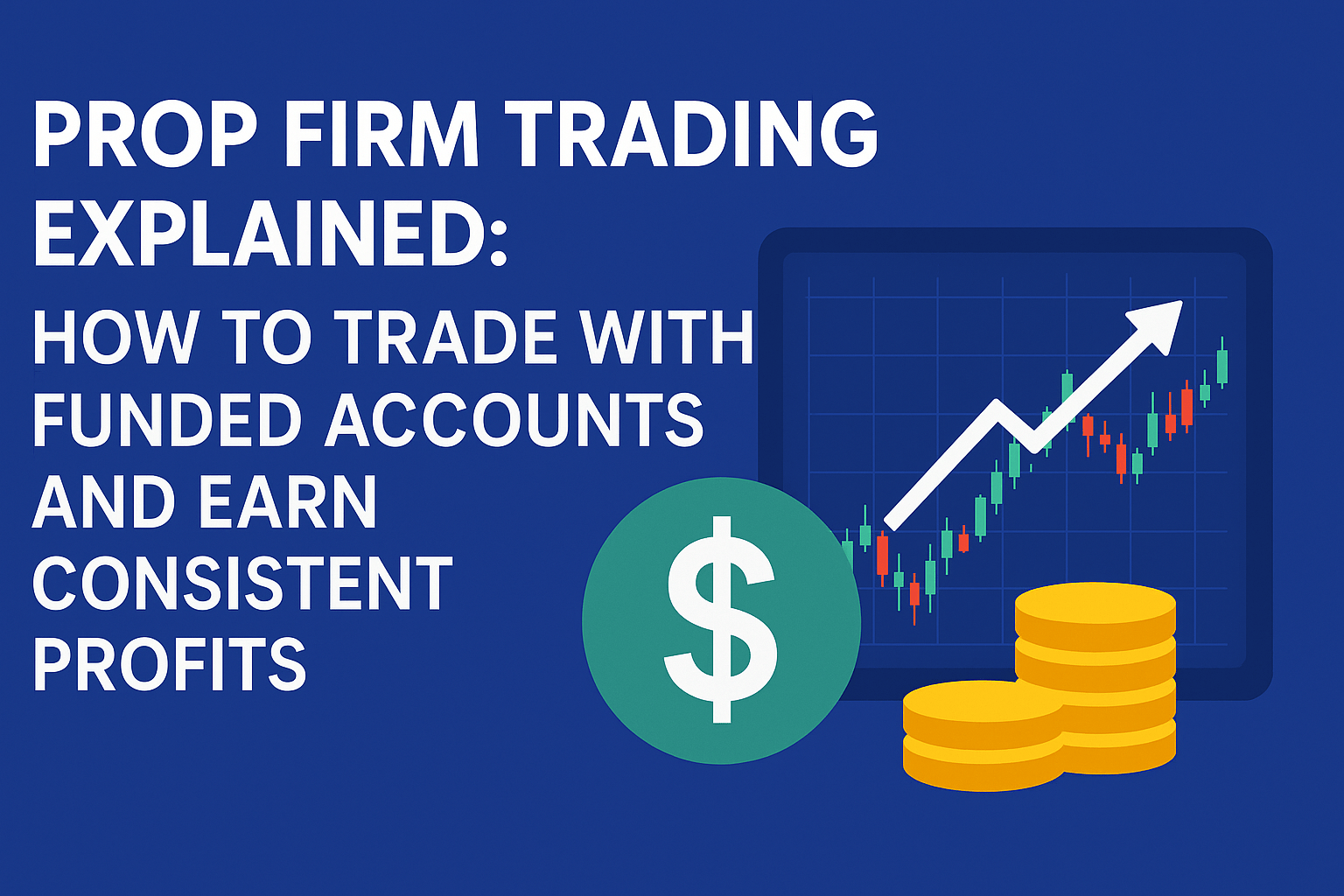What is Prop Firm Trading
Prop Firm Trading (Proprietary Firm Trading) is when traders use a firm’s capital to trade in the financial markets instead of their own money. In return, the firm and the trader share the profits.
The core concept is simple: you trade, and the firm provides the funding.
Prop firms look for skilled traders who can manage risk and generate consistent profits. Instead of paying you a salary, they provide you with a trading account, often ranging from $10,000 to $500,000, and expect you to follow specific rules.
If you perform well, you keep a share of the profits (usually between 70% and 90%), while the firm takes the remainder.
How Prop Firm Trading Works
1. Evaluation or Challenge Phase
Before funding you, most prop firms require you to pass an evaluation or challenge phase.
- You must reach a profit target, often 8–10%.
- You must not break any rules, such as daily or overall drawdown limits.
- You must do this within a set period, usually around 30 days.
If you pass, you move to the next stage, often called the Verification or Funded phase.
2. Verification Phase
In a two-step challenge system, this phase requires you to reach a smaller profit target (for example, 5%) while following the same risk management rules.
Once you complete this stage successfully, you receive a funded trading account.
3. Funded Account Phase
At this point, you trade a live funded account using the firm’s capital.
- You trade and generate profits.
- You receive payouts on a monthly or biweekly basis.
- The firm monitors your performance and ensures you comply with its risk rules.
Many firms offer account scaling programs, allowing you to grow your account size over time (for example, from $50,000 to $100,000 and beyond).
Typical Profit Split
Profit splits vary between firms but generally fall in the range of:
- 70/30 (Trader 70%, Firm 30%)
- Up to 90/10 for high-performing traders
Markets You Can Trade
Prop firm traders can access a wide range of markets, including:
- Forex pairs (EUR/USD, GBP/USD, etc.)
- Commodities (Gold, Oil, Silver)
- Indices (US30, NAS100, S&P500)
- Cryptocurrencies (BTC/USD, ETH/USD)
Each market has different volatility characteristics, allowing traders to choose what best suits their strategy.
Advantages of Prop Firm Trading
No Personal Capital Risk
You trade with the firm’s funds, not your own.
Scalability
Successful traders can scale up their accounts and earn larger profits.
Professional Environment
Many firms provide trading tools, analytics, and even mentorship.
Remote Freedom
You can trade from anywhere with a computer and an internet connection.
Challenges and Risks
Strict Rules
Firms impose strict rules such as maximum daily losses, total drawdown limits, or restrictions on holding trades over weekends or during news events. Breaking any of these can disqualify you immediately.
Psychological Pressure
Trading with someone else’s money can create emotional stress. Discipline and self-control are essential.
Upfront Fees
Traders must pay an entry fee to take the evaluation. Fees range from around $50 to over $1,000 depending on the account size. If you fail the challenge, the fee is not refunded.
Choosing the Right Prop Firm
Not all prop firms are reliable. Consider the following before joining:
- Reputation and regulation status
- Clear, realistic trading rules
- Reasonable profit targets (8–10%)
- Verified payout history
- Transparent operations and community feedback
Some well-known names in the industry include FTMO, The Funded Trader, E8 Funding, and True Forex Funds.
Skills Needed to Succeed
To perform well as a prop trader, you should develop:
- A well-tested trading strategy
- Strong risk management discipline
- Emotional control and patience
- Regular performance tracking and journaling
- The ability to adapt to changing market conditions
Example of Earnings
Suppose you trade a $100,000 funded account and make a 10% profit in one month.
- Total profit: $10,000
- With a 90/10 split, your payout would be $9,000, and the firm would keep $1,000.
Consistent performance can lead to account scaling and higher potential earnings.
Final Thoughts
Prop firm trading provides a powerful opportunity for traders to access large amounts of trading capital without risking personal funds. However, it is not a shortcut to wealth.
Success in this field requires strong risk management, consistency, and emotional control. With the right mindset and discipline, prop firm trading can become a rewarding professional path for skilled traders.













